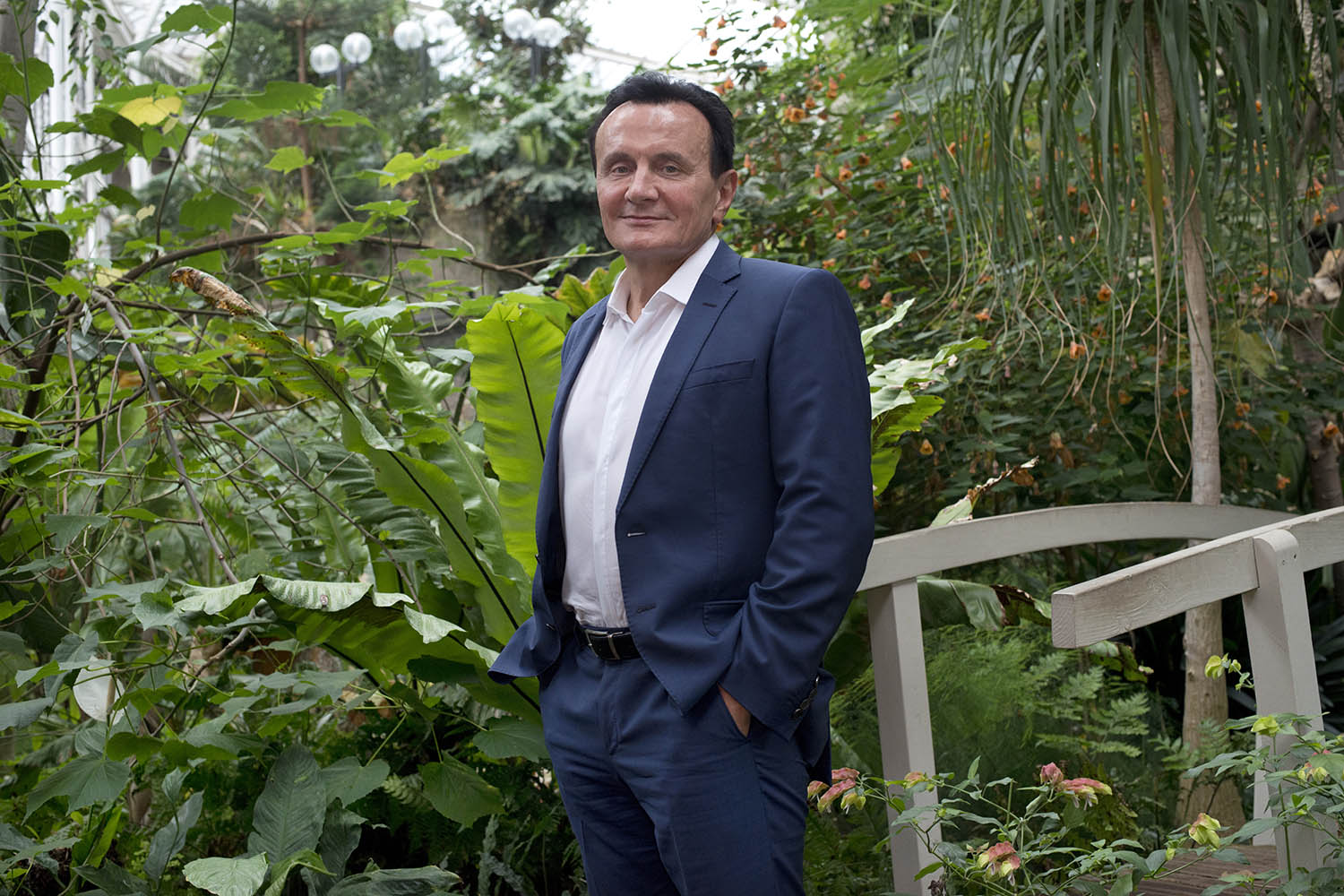The chief executive of Eli Lilly hinted last month the US drug maker would raise prices for products in Europe after President Trump threatened to peg American prices to those abroad. The UK has been the first hit, with the company announcing on Thursday that the price of its popular weight-loss drug Mounjaro will now rise 170% for those paying for the treatment privately.
A month’s supply of the highest dose of the drug will rise from £122 to £330. Suppliers of the drug say they have already started receiving orders to buy Mounjaro in bulk.
Eli Lilly is not alone in feeling the gravitational pull of America’s drugs market. On a recent earnings call, Pascal Soriot, the chief executive of pharma giant AstraZeneca, urged the UK government to roughly double spending on drugs to 0.6% of GDP by 2030. A month earlier, he chose not to quash reports he had had private discussions about listing the company in the US.
Soriot’s knack for negotiation is no small part of the reason he’s Britain’s highest paid executive. When he barks, the government is compelled to listen – especially given its stated ambition of being a “superpower” in life sciences.
Recent gripes include the government’s refusal to provide £100m in grants to help AZ develop a vaccine plant in Speke, Liverpool, and the rejection of AZ’s breast cancer drug Enhertu for NHS use by the National Institute for Health and Care Excellence.
But Soriot and his rivals in the industry are most incensed by the rising level of rebate from drug sales that pharma companies have to pay back to the government – a figure that used to be in line with France (5.7%) and Germany (7%), but has risen to 23% of sales this year.
There’s terrific science in the UK, but Pascal finds working with government pretty frustrating
There’s terrific science in the UK, but Pascal finds working with government pretty frustrating
It’s understood there’s been renewed engagement from the government on this issue, with new proposals on pricing sent to industry last week. But a government source says negotiations are “very much a stalemate at the moment” and work towards a settlement “has not really progressed”.
With public finances under major strain, and other parts of the health service clamouring for more cash, there’s a political limit on how much rebates can be lowered. The future growth of Britain’s life sciences sector arguably hangs in the balance – AZ, for instance, is the largest private investor in R&D in the UK.
“Pascal is well aware of the fact that there’s some terrific science in the UK,” says a source who knows him. “That’s why he’s based his shop in Cambridge and does a lot of R&D, but he finds working with the government pretty frustrating.”
Relations are at a low ebb compared with summer 2020 when the company struck a deal with the government to develop and distribute its Covid-19 vaccine on a non-profit basis.
As for whether AZ is genuinely interested in moving its primary listing to the US, the source says “it’s hard to know whether it’s serious or not”. There are many moving parts, including a decision from Trump in the next few weeks on global tariffs for pharmaceuticals as well as RFK Jr’s plans to cancel $500m in funding for mRNA vaccines.
As for the UK, the business case is growing weaker. The share of the NHS budget spent on branded medicines (after rebates) has fallen from 7.8% in 2014 to 6.2% in 2023, while the NHS budget overall has grown by about 20% in that time. There have been 110 new medicines launched in the US since 2020 that have not been launched in Europe.
A government spokesperson said the pricing review “is one of many ways in which we are taking decisive action to unlock innovation and drive investment in the UK’s world-class pharmaceutical sector”. They pointed to other investments including £600m into the Health Data Research Service alongside Wellcome, and £520m to the Life Sciences Innovative Manufacturing Fund to speed up clinical trials.
Photograph by Sophia Evans for The Observer
Newsletters
Choose the newsletters you want to receive
View more
For information about how The Observer protects your data, read our Privacy Policy



